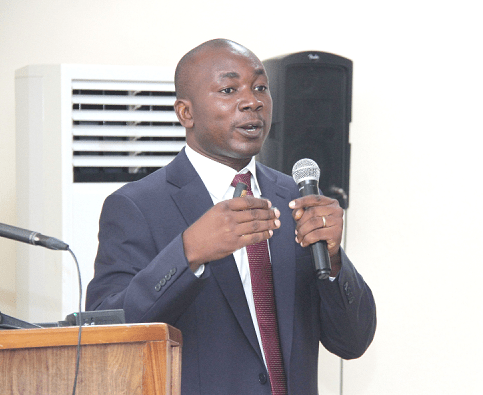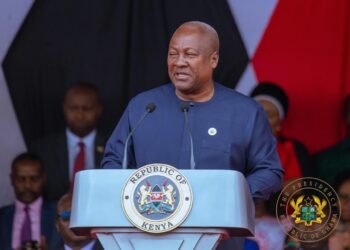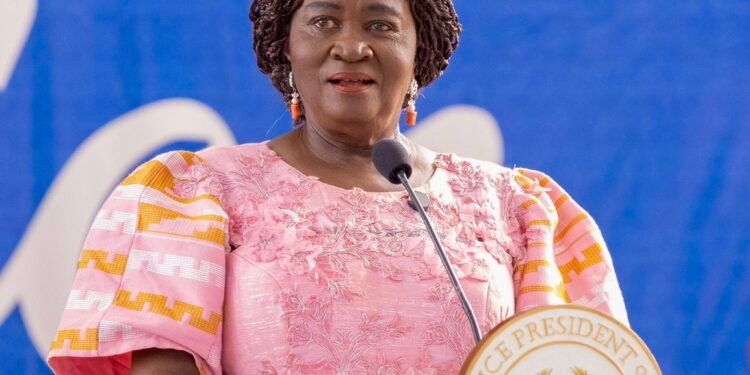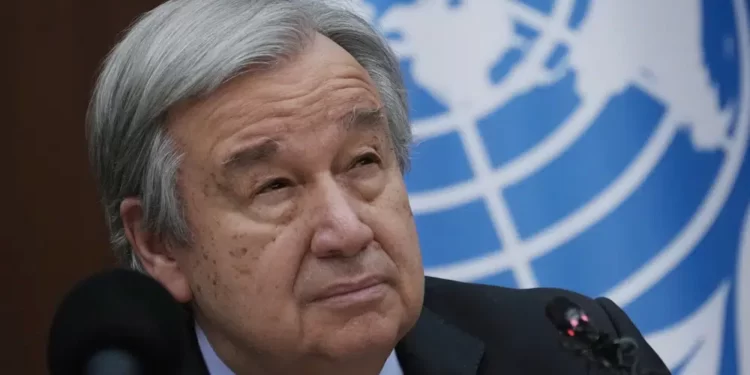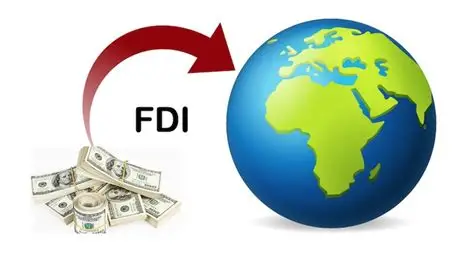Prof Godfred Bokpin, an Economist and Finance Lecturer at the University of Ghana Business School (UGBS), has disclosed that the government’s introduction of a debt exchange programme is the first step of measures to be implemented before Ghana qualifies for an International Monetary Fund (IMF) bailout.
According to him, there would be more programmes to follow. “This is not to scare anyone. The debt exchange programme government announced is just the first level, there would be more to come,” he noted.
Speaking in an interview, the economist revealed that his submission is due to the fact that the level of adjustment that needs to be made to attain sustainability in the debt levels is extensive or broad. According to him, there would be exchange with non-tradable government debt and there would be some other fiscal adjustment that would have to be made beyond what is in the 2023 Budget.
“Because across almost all the debt sustainability dependency indicators, we are trending in some cases more than 40% above the policy dependency threshold in the baseline estimation.
“Unfortunately, what makes it sad is the lack of disclosure and transparency on the part of our government and their lack of consultation, coming with clean hands, honesty, humility to say that this is the extent of the problem, I need all of you to come on board. Look, the government has adopted an approach like they more or less want to ambush the market. It doesn’t help.”
Mr Bokpin
Prof Bokpin stated that, per the analysis, the primary surplus the country needs to record in the next five years to climb back to a sustainable level is averaging 6.4 million dollars.
“If you look at that current exchange rate, you are looking at something in excess of 75 billion cedis. So that tells you that the level of savings that have to be made on annual basis to bring the debt to a more sustainable level is huge.”
Prof Bokpin
The lecturer further noted that, “assuming government was to have its way and even suspend interest payment across all its instrument treasury bills, bonds etc and even include external debt servicing obligation as captured in the 2023 Budget, approximately 63 billion cedis, it will not be enough.”
Dept Exchange Programme And Matters Arising
The Minister of Finance, Hon Kenneth Ofori-Atta, on Monday December 5, launched Ghana’s Domestic Debt Exchange Programme with the hope of restoring the nation’s capacity to service its debt.
The Finance Minister disclosed that the objective of the Programme is “to invite holders of domestic debt to voluntarily exchange approximately GH¢137 billion of the domestic notes and bonds of the Republic, including E.S.L.A. and Daakye bonds, for a package of New Bonds to be issued by the Republic.”
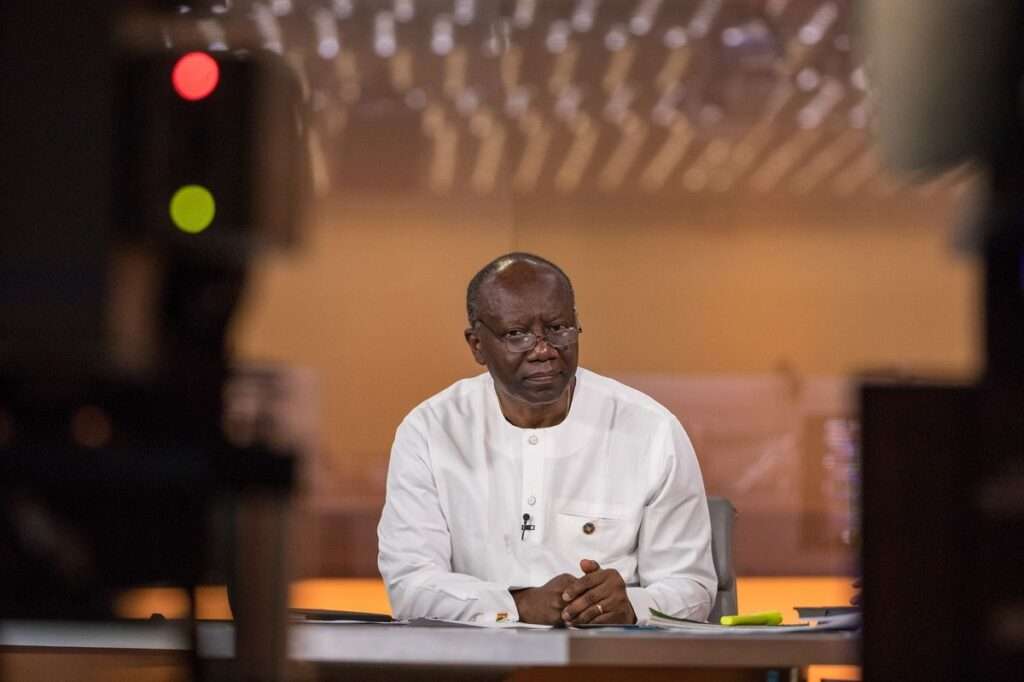
Meanwhile, six labour unions have kicked against the imposition of cuts on pension funds as part of the debt exchange programme aimed at supporting the country’s economic recovery.
They include Ghana National Association of Teachers (GNAT), Ghana Registered Nurses and Midwives Association (GRNMA), National Association of Graduate Teachers (NAGRAT), Ghana Medical Association (GMA), Ghana Chamber of Commerce and the Trades Union Congress (TUC).
The unions have therefore vowed to resist any attempt by government to reduce the value of pension funds of their members which are in institutional bonds.
The successful completion of this domestic debt exchange is a critical component of both the debt reduction programme and the IMF programme discussions. It will contribute to unlocking the support of the international community and will allow Ghana to reach debt targets agreed with the IMF.
The Finance Minister during the launch noted that, the government needs the full participation of all bondholders in this transaction; anything less will make the government ineligible for assistance.
READ ALSO: It Is Time For A Substantial Increase In Salaries For Workers-TUC

